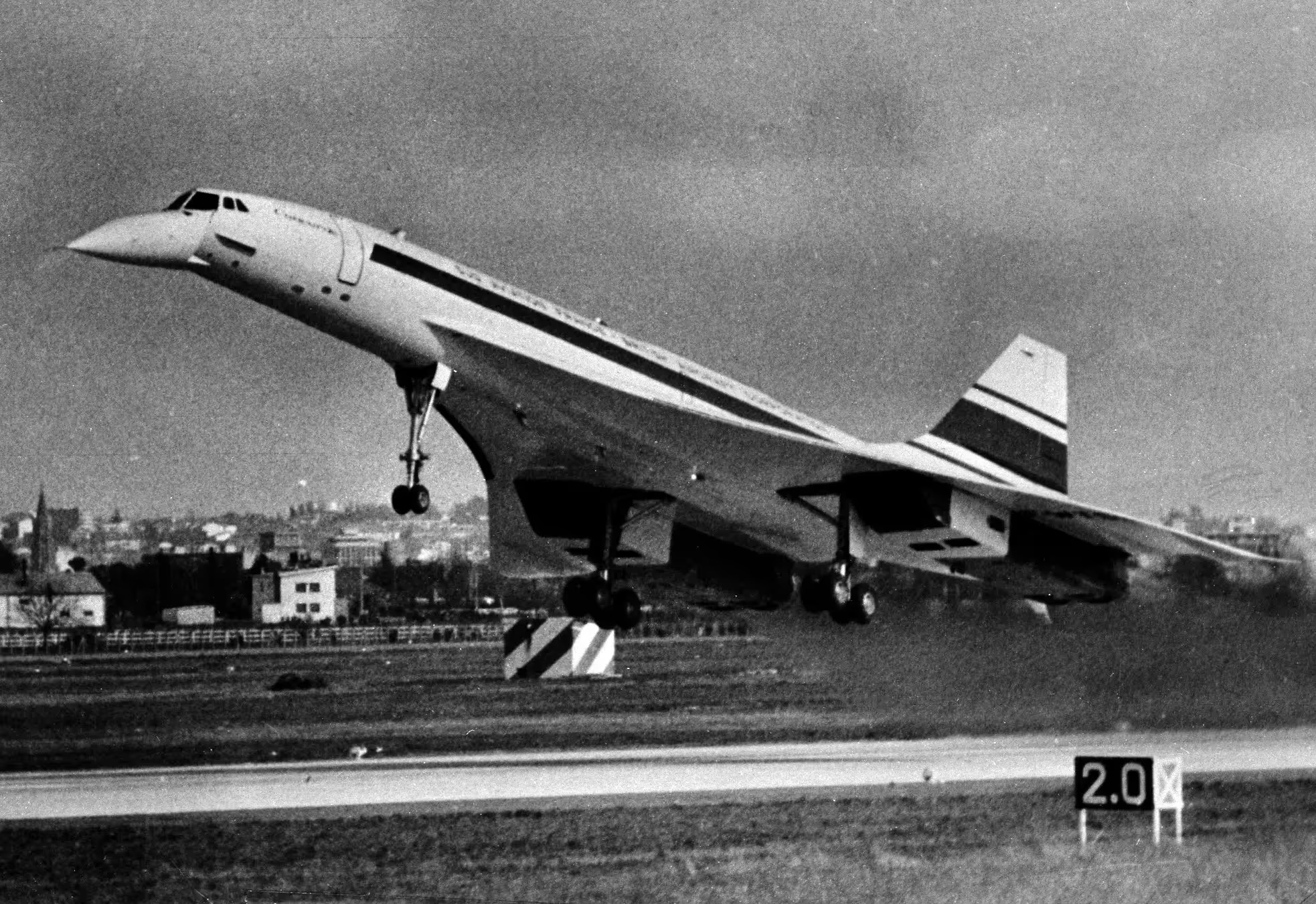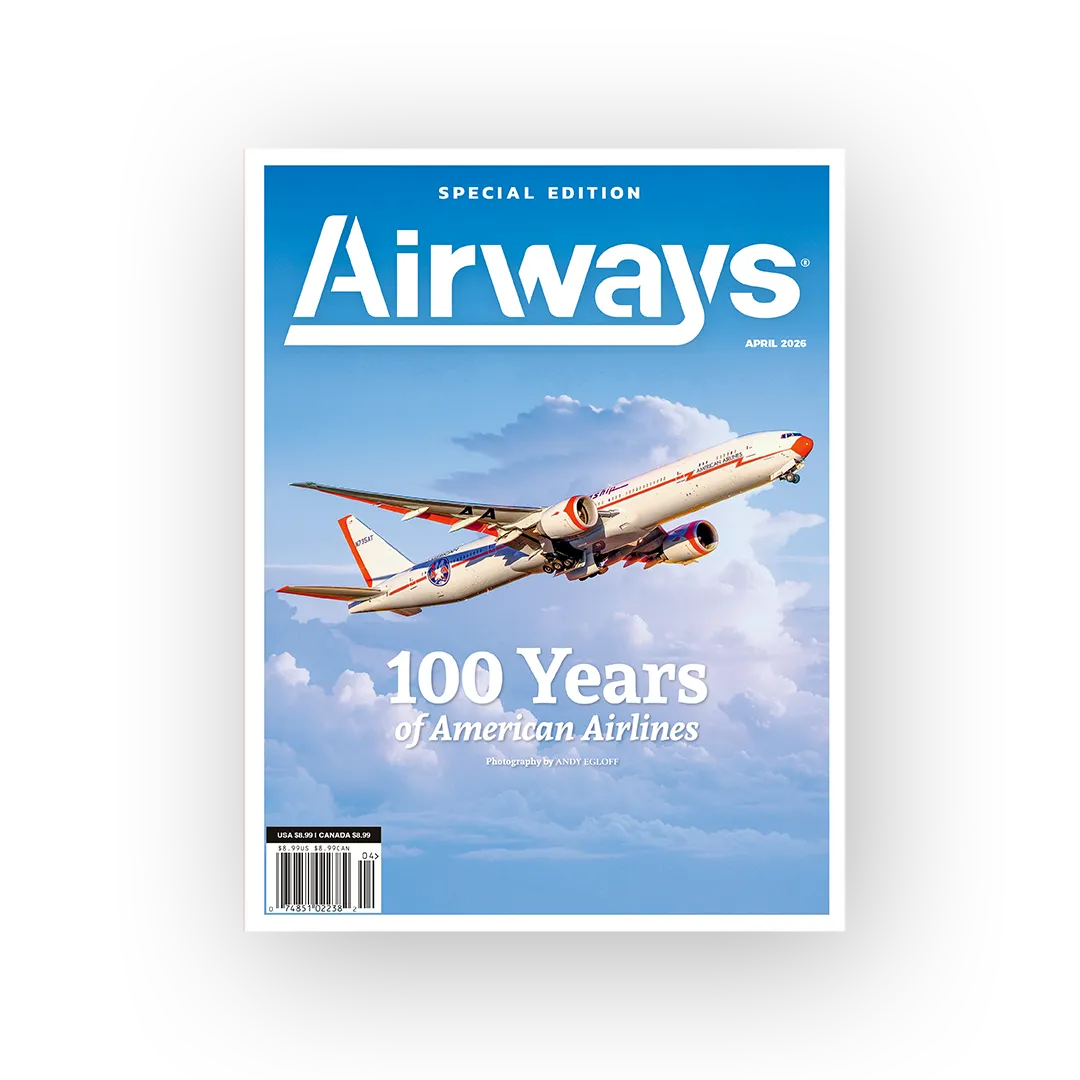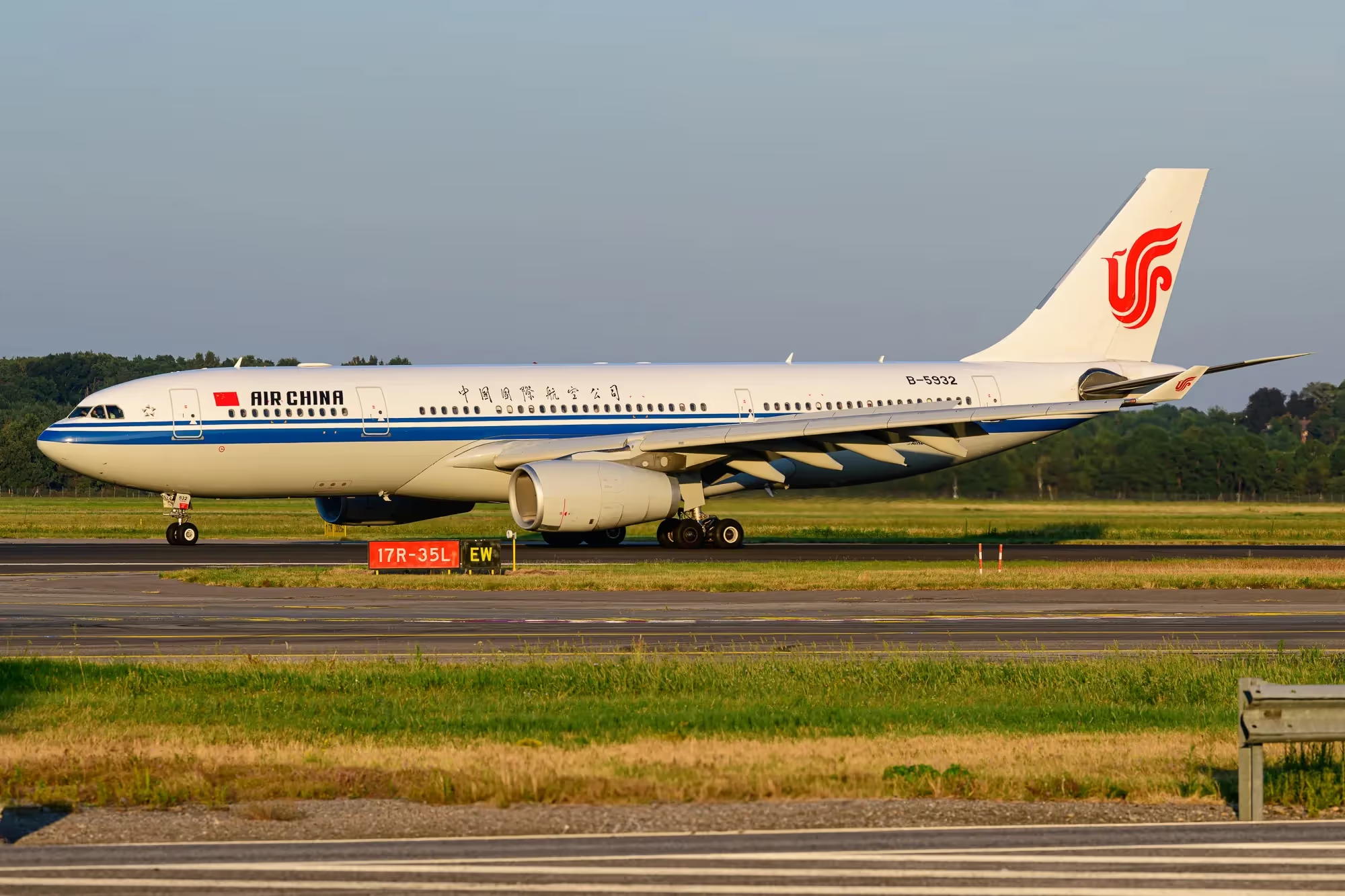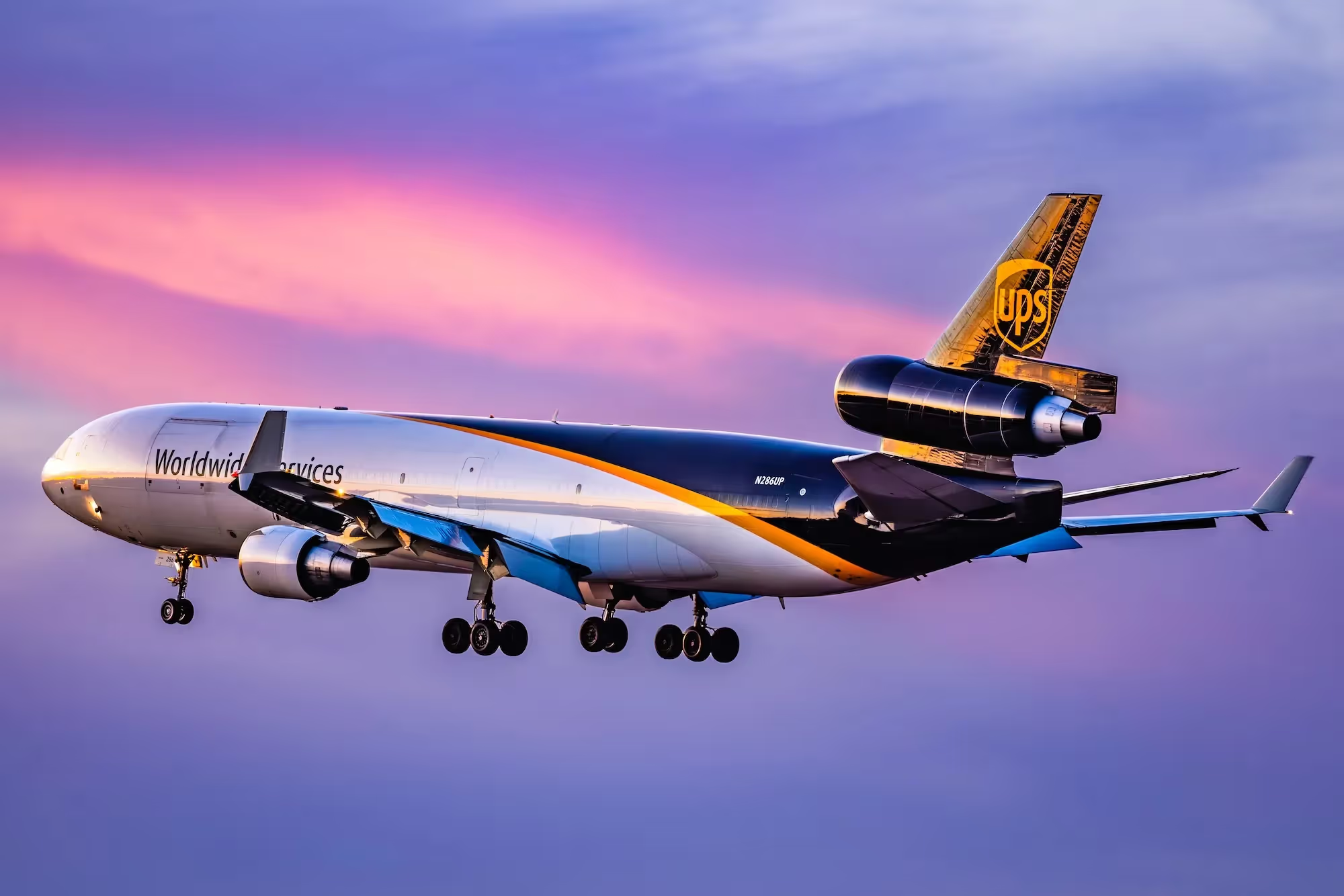DALLAS - In an interview with Aviation Week, Boeing Chief Executive Dave Calhoun said that the company might be compelled to scrap the 737-10 due to probable regulatory concerns.
The 737-10, the largest member of Boeing's best-selling single-aisle jet MAX family, has until December to obtain approval. Otherwise, 2020 legislation requires it to comply with new cockpit alerting standards, unless Congress waives it.

Reform Act
In late 2020, Congress passed the Aircraft Safety and Certification Reform Act, which revamped the FAA oversight process (see more below). This action, of course, came about following the two fatal Boeing 737 MAX crashes in Indonesia and Ethiopia.
The law requires that any airplane certified after December 31 of this year comply with the latest FAA crew alert regulations. According to the Times, the 737 is the only Boeing plane that does not meet the standard.
This is because the Boeing 737 comes from designs made in the 1960s, making it difficult to update the aircraft to 21st century standards. However, the remarks made by Calhoun might increase the pressure on Congress.
Calhoun told Aviation Week, “If you go through the things we’ve been through, the debts that we’ve had to accumulate, our ability to respond, or willingness to see things through even a world without the -10 is not that threatening,” adding that he does not expect to cancel the 737-10 but said, “it’s just a risk."
17 airlines have placed orders with Boeing for more than 640 737-10 aircraft. United Airlines (UA) said that it would acquire 150 more MAX 10 aircraft in June 2021.
https://twitter.com/edgarflyer_/status/1182289410638974978
Certification Deadline, EICAS
Even though we're still six months away, sources at Boeing, at the FAA, and in Congress have previously said that meeting the December 31 deadline would be a challenge.
In a March 2022 Seattle Times article, a report noted that if the manufacturer missed the certification deadline, it would be required to "substantially revamp" cockpit systems, an action that Boeing called "impractical." Those new system requirements call for a revised crew alerting system that would operate differently than those installed on the Boeing 737-8 and 9 aircraft.
The FAA requested a "mature certification schedule" from Boeing in March after expressing concern that the newest MAX type might not be certified by the end of the year. Regarding its current certification schedule, Boeing declined to comment.
The EICAS, also known as the Engine Indicating and Crew Alerting System, is absent from the Boeing 737 in contrast to previous models. Missing the deadline might necessitate a redesign of the crew alerting system for the aircraft by Boeing and additional pilot training.
Calhoun stated to Aviation Week that he believed Boeing's argument was strong enough. He added that he was willing to take this chance. "If I lose the fight, I lose the fight.”
Featured image: Boeing 37-10. Photo: Brandon Farris/Airways

.avif)
.avif)
.avif)
.avif)
.avif)



.avif)